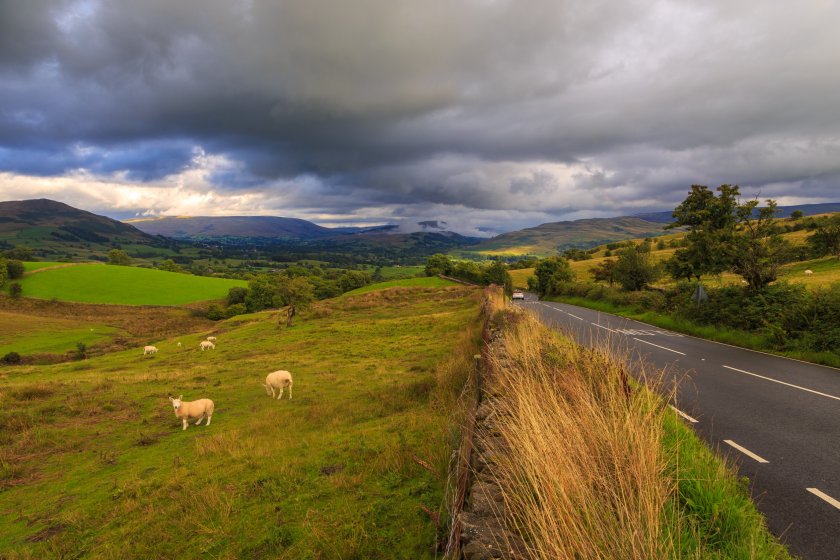
Rural campaigners have welcomed the government's climbdown on net zero policies, as some measures were 'simply unachievable and counterproductive'.
But environmental and wildlife charities have largely criticised the announcement for undermining efforts to address the climate crisis.
Prime Minister Rishi Sunak delivered a speech on Wednesday (21 September) in which he set out changes to the government's green measures.
This included delaying a ban on the sale of new petrol and diesel cars, as well as a promise not to move ahead with other proposals, such as a meat tax.
Mr Sunak also said the 2026 ban on off-grid oil boilers would be delayed to 2035, with only an 80% phase-out target at that date.
However, the prime minister confirmed that the UK would still hit net zero by 2050.
The Countryside Alliance was among the organisations that campaigned against the ban on new oil boilers, arguing that it would have a 'disproportionate effect' on rural communities.
The rural campaigning group warned that many older homes commonly found in the countryside were ill-suited to heat pumps, which require thorough insulation to work efficiently.
Campaigners had also called for greater electric vehicle charging infrastructure in the countryside for those wishing to transition away from petrol and diesel vehicles.
Tim Bonner, the Countryside Alliance's chief executive, said while the countryside was "committed to fighting climate change, net zero policies must not disproportionately impact rural communities".
He said: "The PM is right to provide significantly more time for people to transition to heat pumps, understanding that in some circumstances it just won’t work.
"It is also right, in a cost-of-living crisis, that further financial support will be offered to those switching to heat pumps. Many rural people have been quoted eye-watering sums."
Mr Bonner added: "On electric vehicles, 2035 offers a much more realistic timeline for those wanting to switch with confidence, in rural areas.
"As the PM accepted, the charging infrastructure simply isn’t adequate and the range of vehicles currently on offer not suitable.
"It was always absurd to suggest taxing meat, which would undermine the hard work of our livestock farmers and stifle freedom of choice. UK red meat is among the most sustainable in the world”.
The Country Land and Business Association (CLA) said that while it 'strongly supported' efforts to improve the environment, some net zero policies were "simply unachievable and counterproductive".
The group explained that the proposed 2026 ban on off-grid oil boilers would have affected one million – largely rural – households.
“Due to the nature of their construction, many rural properties cannot be suitably upgraded," explained CLA President, Mark Tufnell.
"Forcing many landlords to spend at least £10,000 on works with no guarantee such investment would actually improve carbon emissions risked damaging the supply of rural housing during a cost of living crisis."
Meanwhile, environmental and wildlife groups have largely criticised the government's announcement as undermining efforts to address the climate crisis.
Craig Bennett, chief executive of the Wildlife Trusts, said the government was giving itself a ‘get out of jail free’ card by abandoning its own targets.
He warned that the unseasonably wet weather had 'caused problems' for this year’s harvest for UK farmers in August.
"Scrapping plans to help homes with better insulation and bring down emissions will leave households worse off and the UK more dependent on fossil fuel imports.
“Science tells us that our climate needs action much faster than that."
